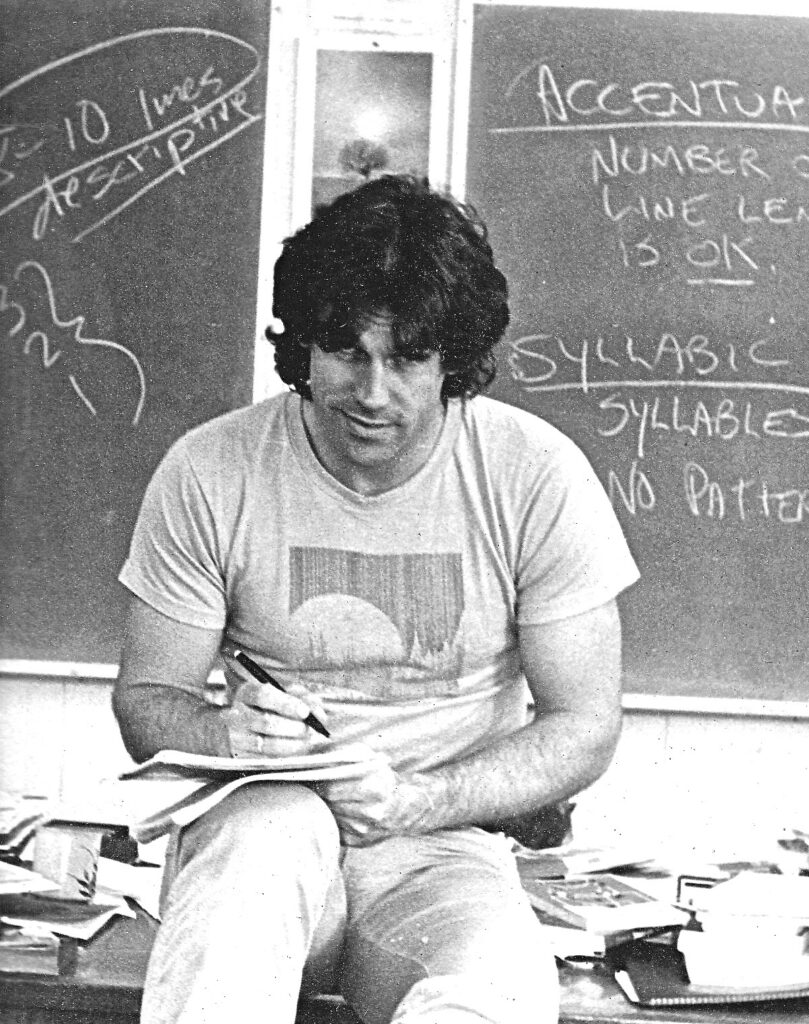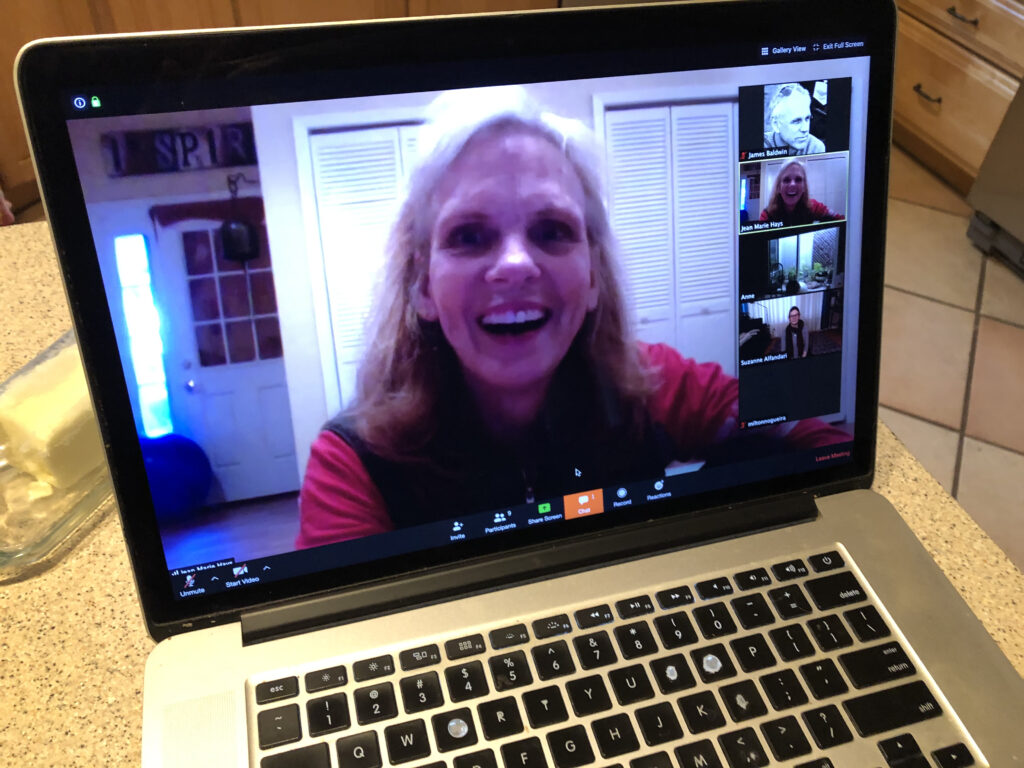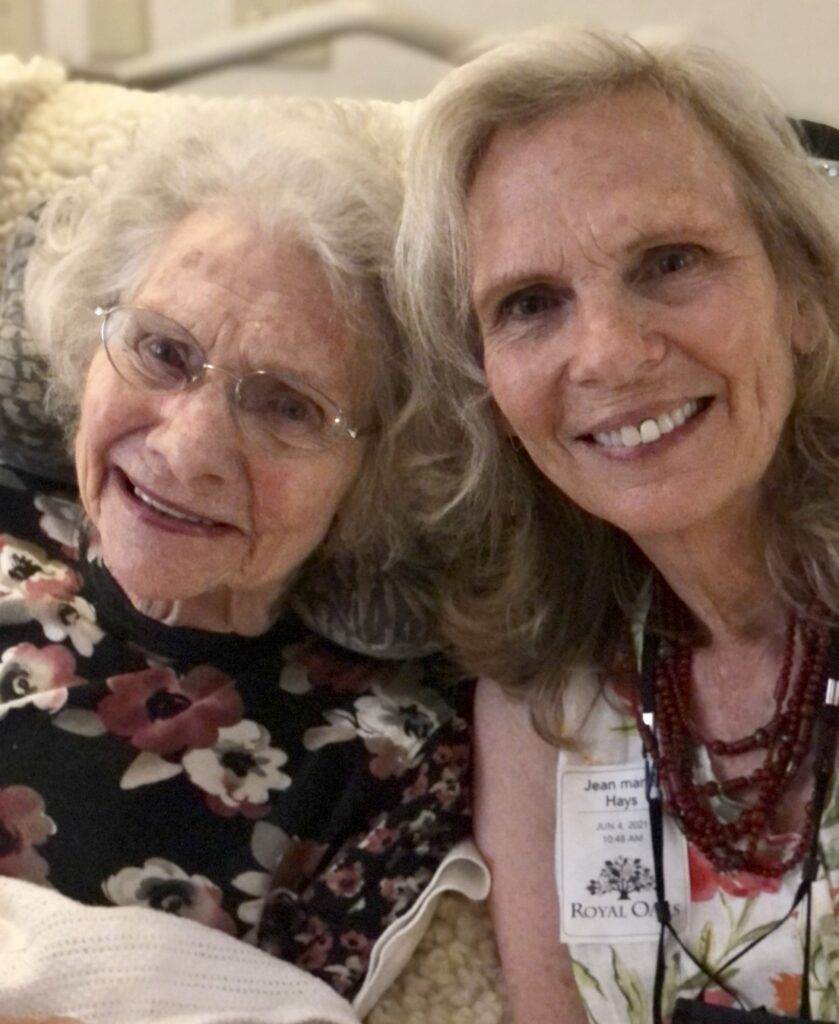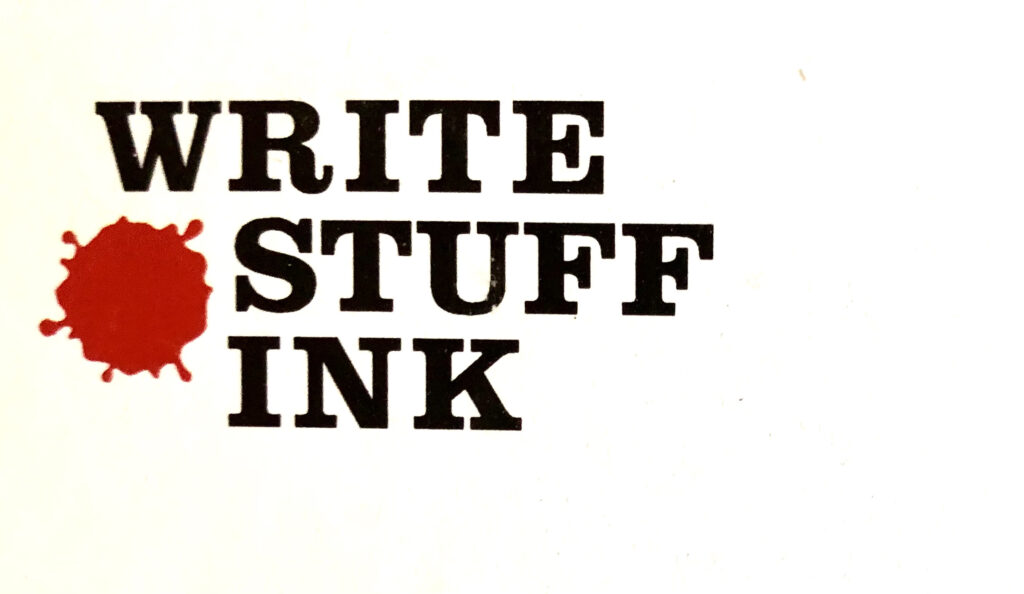Copy Editing
Why Do You Need My Service?
In this era of Grammarly for editing and AI programs that will compose “content” for you, why would you need someone like me, a mere human, and more expensive than those free or cheap virtual resources?
Why Indeed?
A recent client gave one answer: “Jim’s approach was not like other editors I interviewed. They told me what they would do, step by step, without enthusiasm, making the work seem tedious. Jim expressed excitement about the possibility of working with me. Then, during his process, he asked questions, he made suggestions, and offered options. That was exactly what I was looking for. Altogether, it felt like a team approach—a collaboration, and I am very grateful.”
Co-Pilot on Your Creative Journey
There’s clearly a difference between my service for this client and what a virtual assistant (as well as other human editors) could offer. Even “enthusiasm,” from an app, we know is artificial. I am your ally—your “co-pilot on the creative journey” as I like to say.
But there’s something else.
My Family History Service
In another recent instance, I was hired to facilitate a family history interview. The son was going to be the primary interviewer of his mother. He knew what to ask and what to probe for. My service was to be a “color commentator” in the game as it played out in real time. Subsequently, I created a document based on voice transcription by a virtual assistant. (That’s a real plus, and I recommend it over any human short of a trained court stenographer taking the notes.)
After that, I listened to the recording while reviewing the transcription. There were inevitable errors. “Tuolumne Meadows” is not a place name that voice transcription can handle. And there were other misinterpretations as well.
In addition, there were moments when either the party—interviewer or subject—misspoke, misunderstood, or got confused or over-explained something. In my review, I did my best to streamline the interview and make all individuals (including myself) as coherent on-topic, and entertaining as possible.
Later, there will be a second interview to “back-fill” missing elements and add stories we didn’t get to the first time. These will be inserted into the first interview where they make the most sense. Some things may get deleted as well.
Helping You Understand
All this seems second nature to me. But when I spoke to my client, the son/interviewer, he expressed his belief that my task was simply to make the word document “as close to word-for-word from the recording as possible.” He was surprised to see the first rough edit and pleased to see that it read more clearly than the live process. And he agreed that the backfill would, of course, have to be included along the way, not as a clump at the end.
In the end, he understood that I was more than a second-string interviewer, more than simply a reviewer of voice transcription and creator of a representative PDF. I was sculpting a result the family would enjoy for years—maybe generations—to come.
Preserving Stories
Virtual assistants can’t apply that sort of lens to raw material. They can’t in essence create the stories a mother recalls for her son. They can’t evaluate what’s most important and in what sequence.
But I can.
The Bottom Line: Value
So, when you weigh the cost of hiring me for a project, be sure to consider the value of the result, and the work required to create that value.
That’s what Writestuff Ink provides.
College Admission Essays—It’s Personal!


I spent years teaching English in high school. (And yes, my desk was usually messy.) For more than a dozen of those, I was a department chair. I helped create school policy for work with tutors. As a school representative, and as someone who cared both about helping my students and about integrity, I wanted students to get help with their writing, not to have someone do their work for them. And in these days of college admissions scandals, I see that my concerns were minor compared to some of the shenanigans going on now.
But now the shoe is on the other foot. Recently, I have taken on clients—or the children of clients—who are in the process of applying to school. In some cases, it’s college for undergraduate work. In others, admissions essays for graduate work. Now students and their parents are hoping I can assist in lifting a personal essay above the morass of familiar mediocrity and help it and the student who wrote it stand out.
When I take on a client, I make very sure that I am not being hired as a ghostwriter. I will not write Faulkner essays. I will not write college application essays. I will edit the latter. I steer clear of the former altogether.
With my background, I can also advise about topic choices. You don’t have to have discovered a cure for cancer to have a good essay. As someone once wrote, the mosquito in your tent on a backpacking trip can be a winner. The prize you didn’t win can make a bigger impression than a roll call of your triumphs.

What I do, mostly, is cut out the dreck. I keep the student’s words. Just not all of them.
And still, I have a voice in my head asking, “Is that ethical? Have you let the student speak for himself, from her own experience and in her own words?” Always, I want to be able to say, “Yes. Yes, I have.”
We’re about to begin another college admissions season, and I imagine my inner dialogue will be a frequent event. I will hold the line. And I love seeing or hearing the appreciation from a parent when something a little too long and a little muddy has become something better.
Hold The Fort
Hold the Fort
No, I’m not a grammar Nazi. I don’t correct people on the street. I believe there are “grammars” plural, not a single, one-size-fits-all grammar, and that these are determined by occasions of speech and writing. Nevertheless, I am concerned by what I just learned are called “eggcorns”: words and phrases that are misheard and transformed. Apparently there are people out there saying that something “spreads like wildflowers.” An eggcorn. Hmmm. Like acorn, misheard.
The difference for me between grammatical correctness and these critters is that, for one, English grammar is sometimes arbitrary and dependent on the whims of a single writer from the past. I won’t go into detail here, but if this is news to you, I invite you to look up some history of English grammar and see where your favorite pet peeve originated. My second reason for treating these extended malapropisms differently is that often they have a history and a more concrete, authentic history than some rule of grammar. For example, a phrase I hear often these days is “hold down the fort.” I don’t remember where I started hearing it, but I do know that within my lifetime, “hold the fort” was the common expression. I worry that the context has been lost and the meaning and power of the original expression with it.
So I decided to check myself on that. Here’s what I found. The language and usage site English.stackexchange.com, quoting the Cambridge Idiom Dictionary, wrote, “since the Middle Ages, ‘hold’ in a military context has meant, ‘to keep forcibly against an adversary; defend; occupy.’ If the commander of a fort decided to take some of his forces to make a foray against the enemy, he would always have to leave some of his men in charge of a reliable officer to hold the fort against any possible attack while they were away.”
So where does “hold down the fort” come from?
I suppose many things in this world are legitimately held down by something or other. Tents. Beach umbrellas. My impulse to make jokes at certain inappropriate moments. Even a job can either be “held” or “held down,” the latter implying a time of duress, as opposed to regular employment. But a fort? Nope. It just doesn’t happen. With the military context lost, the color of the phrase and historical significance and the connection to dramatic and heroic moments in history are all lost. And I believe that is a loss for the language. And I will object.
So go ahead and find a preposition to end a sentence with. If we’re just talking, I won’t jump down your throat. But “eggcorns” are just the sort of nonsense up with which I will not put.








